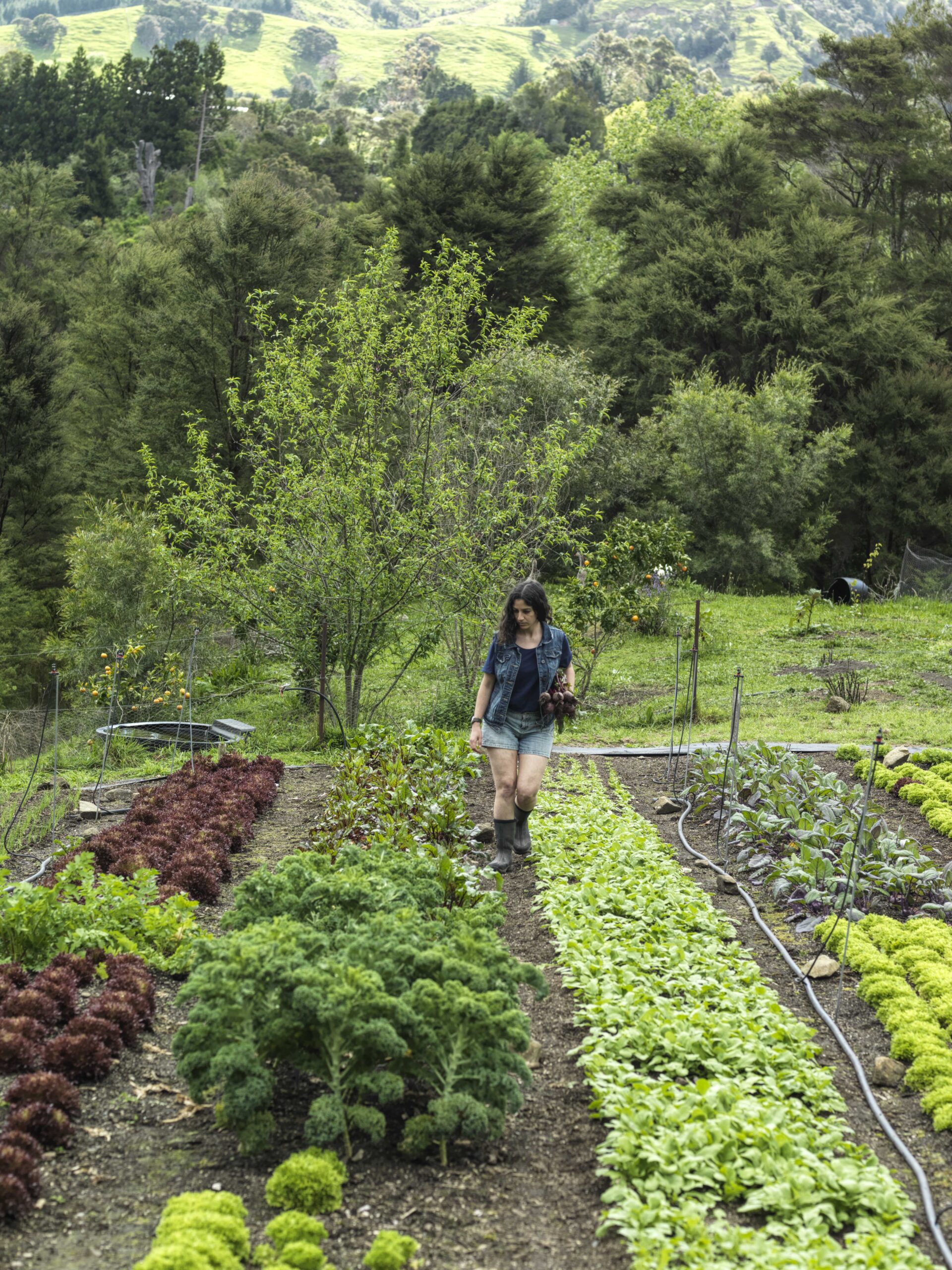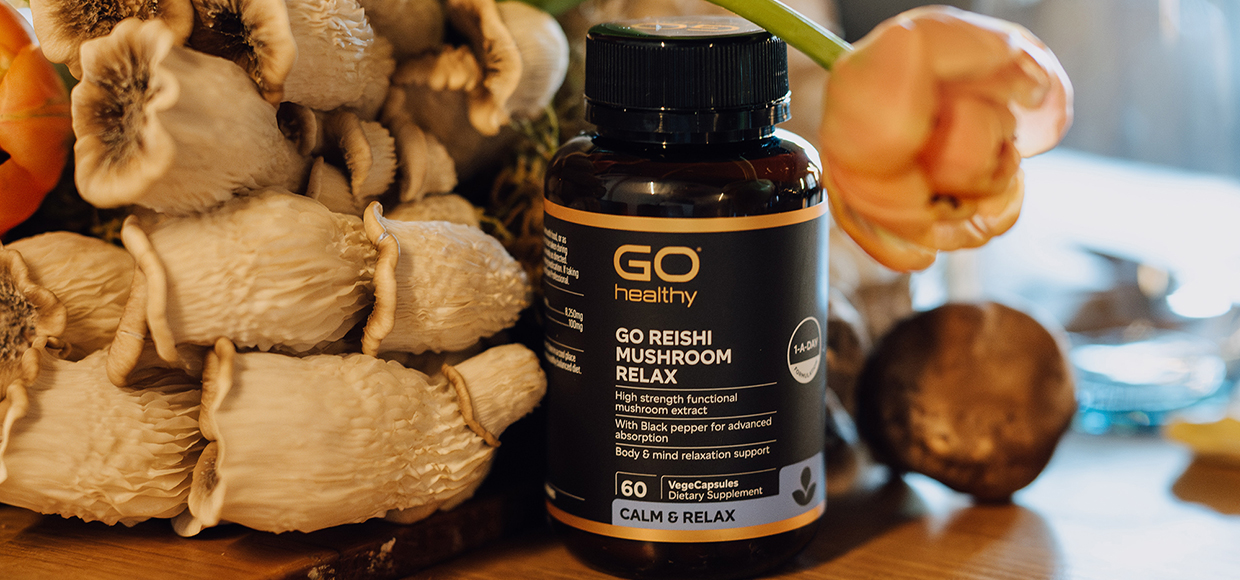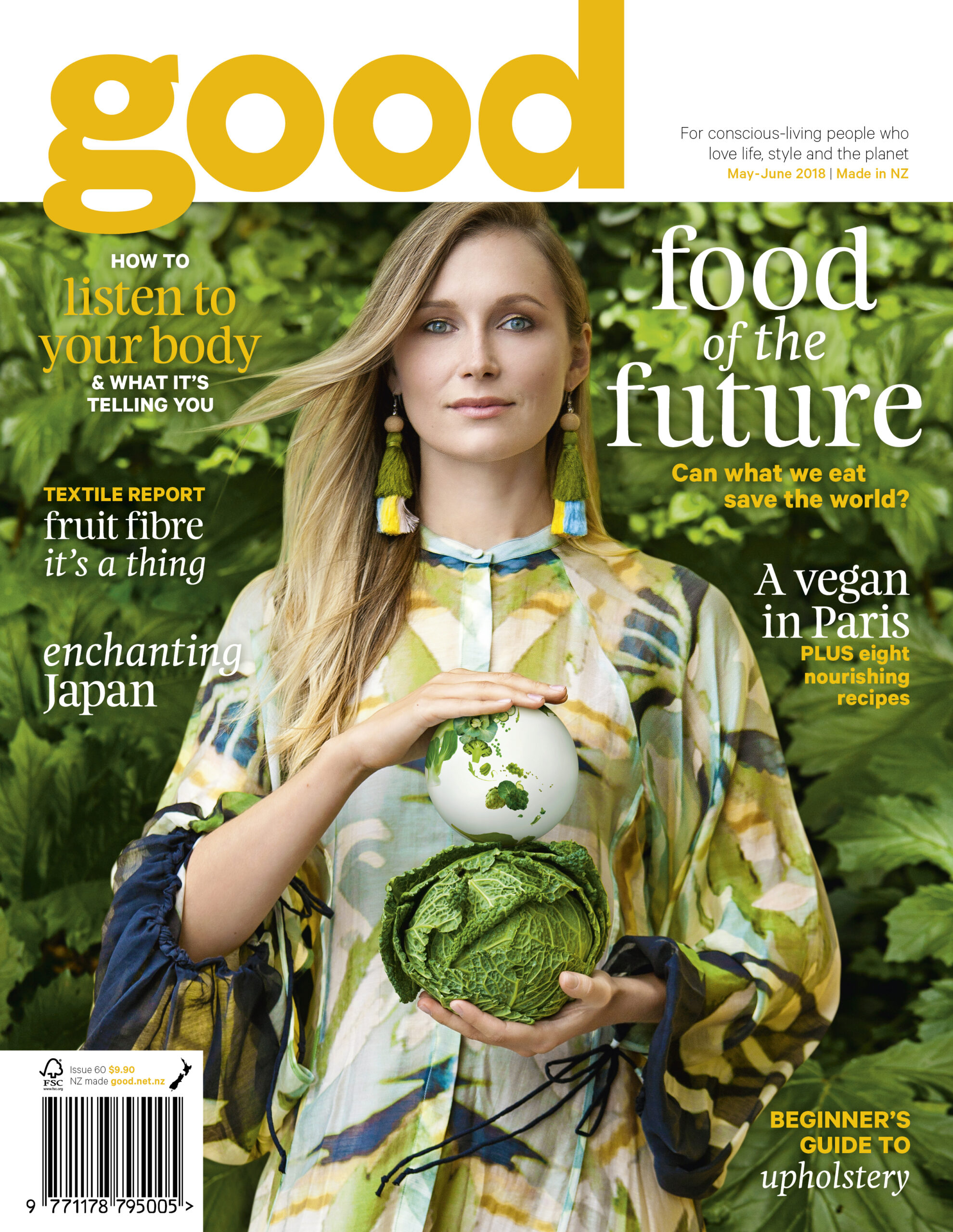Image by @alettemini
Brought to you by noissue
The world is changing, and so is what people look for in a brand. A recent survey by Global Web Index found that environmental concerns affect 50 percent of consumers’ purchasing decisions. If you’re reading Good, you’re probably among them. You know that as a shopper, voting with your wallet holds power. The purchasing choices we make have a big impact, so it’s important to shop with businesses who are striving to do less damage to our environment.
However, sometimes efforts to address environmental issues can be lip service (also known as ‘greenwashing’) and great PR rather than genuine change to become a more sustainable business.
As someone who’s trying to shop responsibly, it can be really hard to spot the difference between the two. If you’re feeling confused by all the certifications and jargon, here’s our guide on how to identify when a brand is sustainable.
1. They are transparent when it comes to their supply chain and show accountability
In order to trust a brand’s credibility in this space, it’s important for them to be able to answer where the products they’re selling come from to show an understanding of their supply chain.
Bigger brands will often have a sustainability report you can look over, but smaller businesses might not have the same resources. However, can you easily find information on their website about whether their products are locally sourced, or from overseas?
What about which country they originate from? Do they say if fair labour and trade practices are being used, or if the sourcing and production methods are environmentally friendly?
One New Zealand brand doing this well is RUBY, which has a section on its site called Toolbox For Change. Here, the business shares key supply chain information such as where the factories that produce its clothing are based in the world and the traceability of the materials it uses.
Toolbox For Change also explains the steps RUBY is taking to reach its sustainability goals, such as shifting from a linear to circular company and cutting its carbon emissions to meet the Paris Agreement.
It’s near impossible to do this perfectly from the first try, so brands should also be open about the improvements they’re making and be open to feedback from their customers. This will ensure they’re held accountable for change and that their sustainability journey is an ongoing, long-term process.
2. They have made the switch to sustainable packaging
We all love the convenience of shopping online, which has meant that ecommerce sales are now through the roof. Global annual online sales are predicted to hit $4.5 trillion by 2021 – a figure that’s so big, it’s basically incomprehensible.
However, the downside of this is the packaging waste that’s created by shipping out all these orders. Many products are shipped out in polyethylene (poly) plastic mailers, which can take hundreds of years to biodegrade if they’re not recycled properly. As a petroleum-based material, it also releases harmful residues and chemicals during this process.
And about that plastic recycling… Did you know that between 1950 and 2015, only nine percent of the world’s plastic was recycled? The rest ended up either in our landfills or our oceans – an outcome that no one wants in the future for our earth’s fragile ecosystems.
The good news is that many brands have made the change to sustainable packaging to reduce their impact on the environment. Commonly used items in ecommerce include compostable or recycled mailers, eco-friendly tissue paper, water-activated tape and compostable stickers.
Examples of sustainable packaging by noissueHere’s a quick run-down on the main types of sustainable packaging materials and what they mean:
Compostable: Compostable packaging is made from a range of renewable plant-based materials and bio-polymers. Using the principles of the circular economy, these plant-based materials help the packaging break down in a natural way in a compost, get eaten by worms and return to the earth without harm being done to the environment. To meet certifications for being home compostable, the packaging must break down within 180 days.
Recycled: Recycled packaging is made from previously used plastic products such as single-use plastic bags, bottles and other common plastic items. These items are processed at a recycling facility before being given a new lease on life as packaging. Putting this plastic back into circulation as a form of packaging doubles its lifespan while also reducing the amount of waste sent to landfills and incinerators.
Reusable: Reusable packaging is packaging that’s designed to be used more than one time and has a built-in secondary (or third or fourth) use. While a lot of packaging tends to be single use, reusable packaging can be used over and over again for a variety of purposes once it accomplishes its primary goal.
An example of sustainable packaging in action is New Zealand ethical fashion brand Kowtow uses noissue eco-friendly tissue paper in its parcels. This material is made from a combination of recycled materials and acid-free wood pulp that’s Forest Stewardship Council (FSC) certified.
When brands make the switch to eco-friendly packaging, they’re also taking you as a shopper on a sustainability journey with them. Make sure you educate yourself on how to dispose of the packaging properly (like finding a community compost heap or composting pick-up service in your area for a compostable mailer if you don’t have one in your backyard!).
If you want to learn more about the different types of sustainable packaging, head to noissue’s site.
3. They donate to or support a cause beyond their own profits
P.E. Nation’s i=Change initiative donates to a variety of causes including the Australian bushfire recovery and restoring the Great Barrier reef. While the primary goal for a lot of businesses is to make a large profit, many purpose-led brands are adopting a business model where they invest a portion of their profits into a social or environmental cause.
These are commonly done through a ‘buy-one, give-one’ model, or through a percentage of each sale going towards an initiative, like more trees being planted or the oceans being cleaned up.
Take Australian activewear brand P.E. Nation’s i=Change initiative. The brand donates $1 of each sale to a charity of the shopper’s choice at the checkout, such as supporting the Australian bushfire recovery or restoring the Great Barrier reef.
Here at noissue, we’re helping to repopulate the earth’s forests by planting a tree in a customer’s location of choice everytime they make a packaging order with us. 5495 trees were planted in September in areas like California, USA, which has been badly affected by recent wildfires.
4. They have gone to the effort of getting sustainable certifications
There are a lot of certifications out there now to authenticate whether or not a brand is sustainable – so much, in fact, that it can get a little confusing as to what each of them means.
Here’s a quick rundown on some of the popular environmental certifications out there:
B Corp: Businesses certified by an organisation called B Lab have to meet rigorous standards of social and environmental performance, accountability, and transparency. This is one of the most trusted and coveted certifications for brands.
Forest Stewardship Council (FSC): Products that are FSC-certified mean that they are made from wood from responsibly managed forests, from harvesting all the way through to the supply chain, and also often recycled sources.
Carbon Trust Standard (CTS): Businesses certified by CTS are measuring and reducing their environmental impacts each year when it comes to carbon, water and waste, as well as their supply chains.
Global Recycled Standard (GRS): Products that are GRS-certified mean that their recycled content has been verified, as well as the social, environmental and chemical practices in their production.
Eco-Packaging Alliance: Brands who are part of the noissue eco-packaging alliance have trees planted in an area of need for every packaging order they make. There are more than 39,000 businesses who are a part of the alliance, which has led to over 17,000 trees being planted to help with global reforestation.
If a brand has received a certification like the ones mentioned above, it means they’ve gone through an application process and provided evidence that proves their processes are legitimate.
5. They’re reducing their carbon output
An unquestionably big part of climate change is the amount of carbon emissions the world is producing – and business plays a big role in this.
This is why many brands are taking steps to reduce the amount of carbon dioxide being expelled into the atmosphere through their business practices, or have become completely carbon “neutral”.
To reduce their carbon emissions, businesses carry out a range of initiatives, including reducing, reusing and recycling waste, using a composting system, making their energy usage more efficient, shipping products carbon neutrally and sourcing their products locally.
If they can’t eliminate emissions entirely, brands can offset the carbon via an online marketplace that invests in an environmental project, such as renewable energy, clean water or reforestation.
Becoming carbon neutral is a goal businesses, big or small, should be striving towards as it’s incredibly beneficial to the environment. One well-known business that is now certified carbon neutral is Allbirds, the New Zealand-founded eco-friendly shoe company.
Shopping Smarter
We hope these five points help you know what to look out for when it comes to spotting a truly sustainable business.
If you see one of your favourite businesses making an effort by enacting one of the actions we’ve mentioned, then make sure you encourage them on their journey! Show them some love and slip them a DM or an email to tell them you’re on board with their vision.
If you feel like one of your favourite brands is lagging behind when it comes to sustainability, become an advocate for change and strike up a conversation with them.
Where there is demand from customers, businesses will follow suit. You can always point them in the right direction by sending them this story. Just remember to be kind, as they’re learning as they go, too.
Elly Strang is digital editor at noissue where she helps businesses and individuals be more mindful about reducing their impact on the world. noissue is a sustainable packaging company that lets you design your own eco-friendly branded tissue paper, mailers, stickers, tape and more. Learn more about noissue here.











